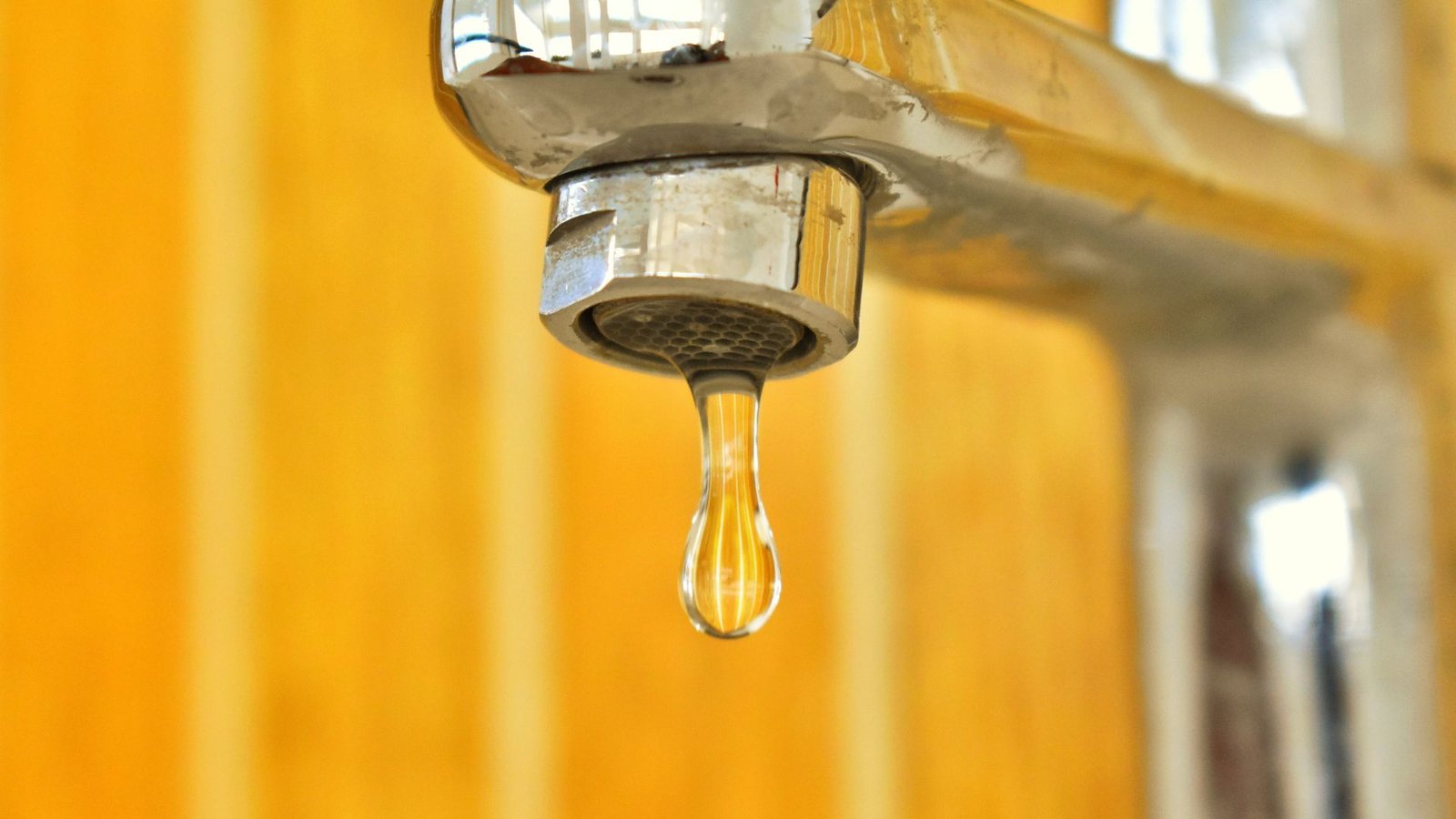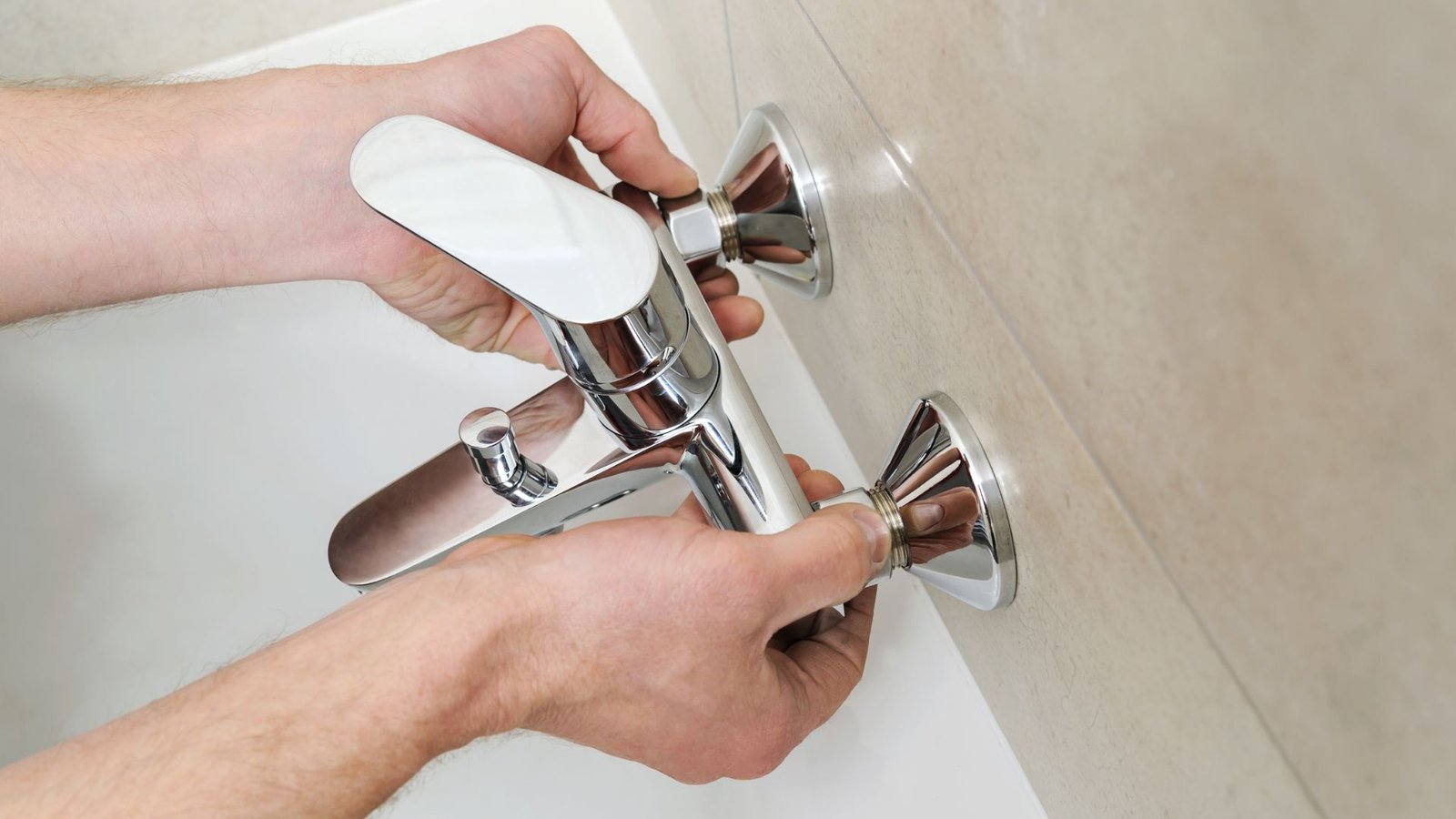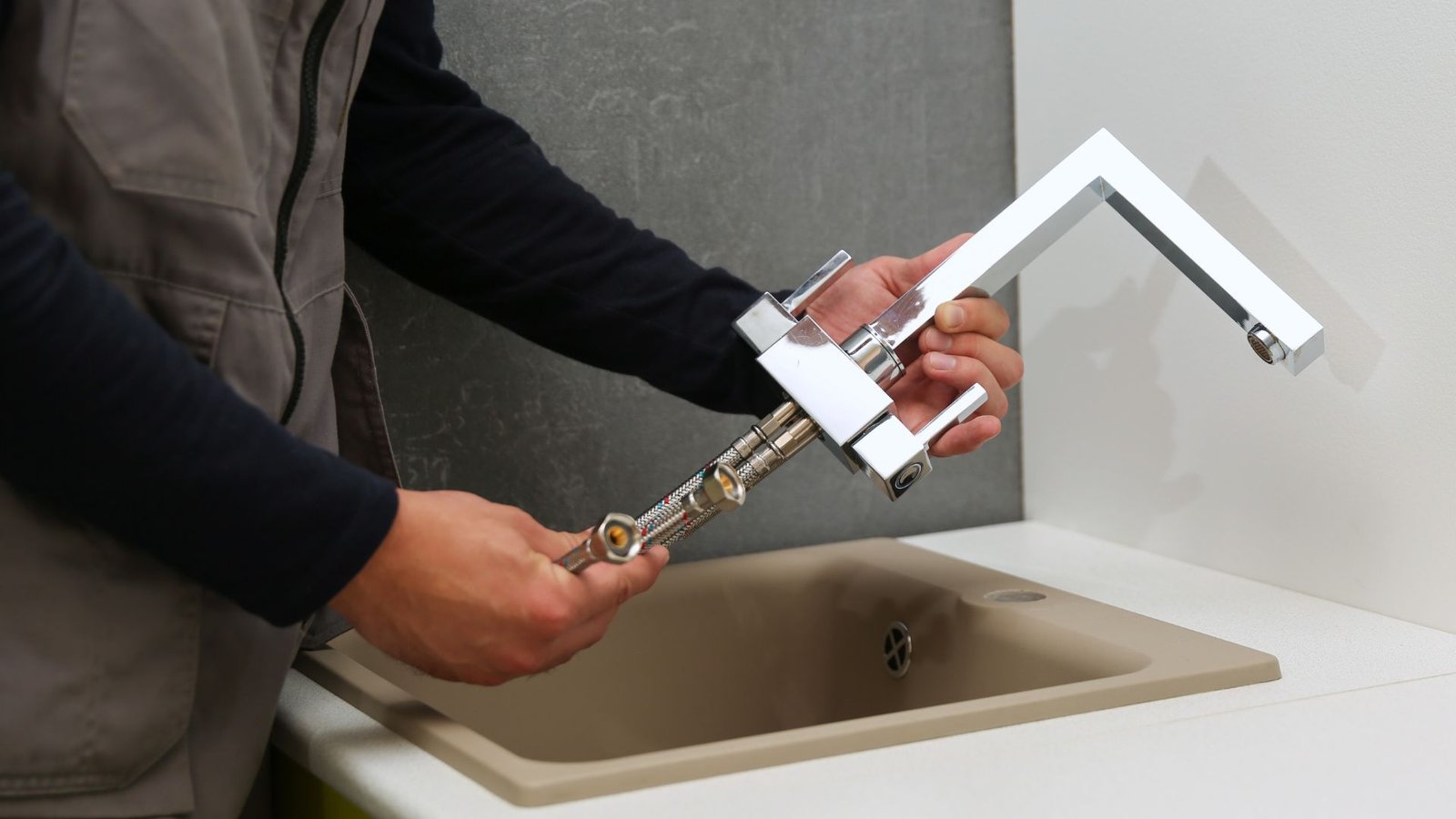Drains are an essential part of any home or business, carrying away wastewater and keeping plumbing systems running smoothly. When these drains become blocked, it can lead to various problems, from slow drainage to unpleasant odors and even water damage. For effective Drain Cleaning in Studio City CA, understanding common issues and solutions is key to maintaining a healthy plumbing system.
Common Causes of Clogged Drains
Many factors can contribute to drains becoming clogged over time. Being aware of these common culprits can help prevent future blockages.
- Hair: This is a frequent cause of clogs in bathroom sinks and showers. Hair can tangle together, forming dense masses that block water flow.
- Grease and Oil: When cooking fats, oils, and grease are poured down the kitchen sink, they cool and solidify within the pipes. This sticky residue can trap other debris, leading to significant blockages.
- Food Scraps: Even with a garbage disposal, small food particles can accumulate in kitchen drains, contributing to clogs. Starchy foods like rice or pasta can expand when wet, worsening the problem.
- Soap Scum: In bathrooms, soap residue can build up on the inside of pipes, narrowing the passage for water and eventually causing clogs.
- Foreign Objects: Items that are not meant to be flushed, such as wipes, cotton balls, or small toys, can easily get stuck in pipes.
- Mineral Buildup: Hard water contains minerals that can deposit on pipe walls, reducing their diameter and restricting water flow over many years.
When Professional Help is Needed
While some minor clogs can be addressed with simple tools like plungers, there are times when professional intervention is required.
Signs You Need Professional Drain Cleaning
- Persistent Slow Drains: If multiple drains in your property are consistently slow, it often indicates a deeper issue within the main sewer line.
- Recurring Clogs: A drain that frequently clogs after being cleared may have an underlying problem that a professional can identify and fix.
- Foul Odors: Unpleasant smells coming from drains can signal a buildup of decaying organic matter or a blockage in the sewer system.
- Water Backups: If water backs up into sinks, tubs, or showers, it is a clear sign of a significant blockage that needs immediate attention.
- Gurgling Noises: Strange gurgling sounds from drains or toilets after flushing can indicate trapped air caused by a blockage.
The Process of Professional Drain Cleaning
When professionals are called for drain cleaning, they use specialized tools and techniques to clear blockages effectively and safely.
- Inspection: Often, a camera inspection is performed to locate the exact position and nature of the clog without guesswork. This allows for a targeted approach.
- Snaking: A flexible auger, also known as a drain snake, is fed into the pipe to break up or retrieve blockages. This method is effective for hair, grease, and other common obstructions.
- Hydro-Jetting: For more severe or stubborn clogs, hydro-jetting may be used. This involves sending high-pressure water through the pipes to scour away buildup and clear blockages, leaving pipes thoroughly cleaned.
- Repair: In some cases, damage to pipes may be discovered during the cleaning process. Professionals can then advise on necessary repairs to prevent future issues.
Preventative Measures for Healthy Drains
Regular maintenance and mindful habits can significantly reduce the likelihood of drain clogs.
- Use drain screens in sinks and showers to catch hair and food particles before they enter the pipes.
- Avoid pouring grease, oil, or coffee grounds down the drain. Instead, dispose of them in the trash.
- Run hot water down kitchen drains after washing dishes to help dissolve any lingering grease.
- Flush drains with a mixture of baking soda and vinegar occasionally, followed by hot water, to help keep them clear.
- Be mindful of what is flushed down toilets; only human waste and toilet paper should be disposed of in this manner.
- Schedule routine professional drain inspections, especially if your property has older plumbing or a history of recurring clogs. This proactive step can prevent minor issues from becoming major problems.





